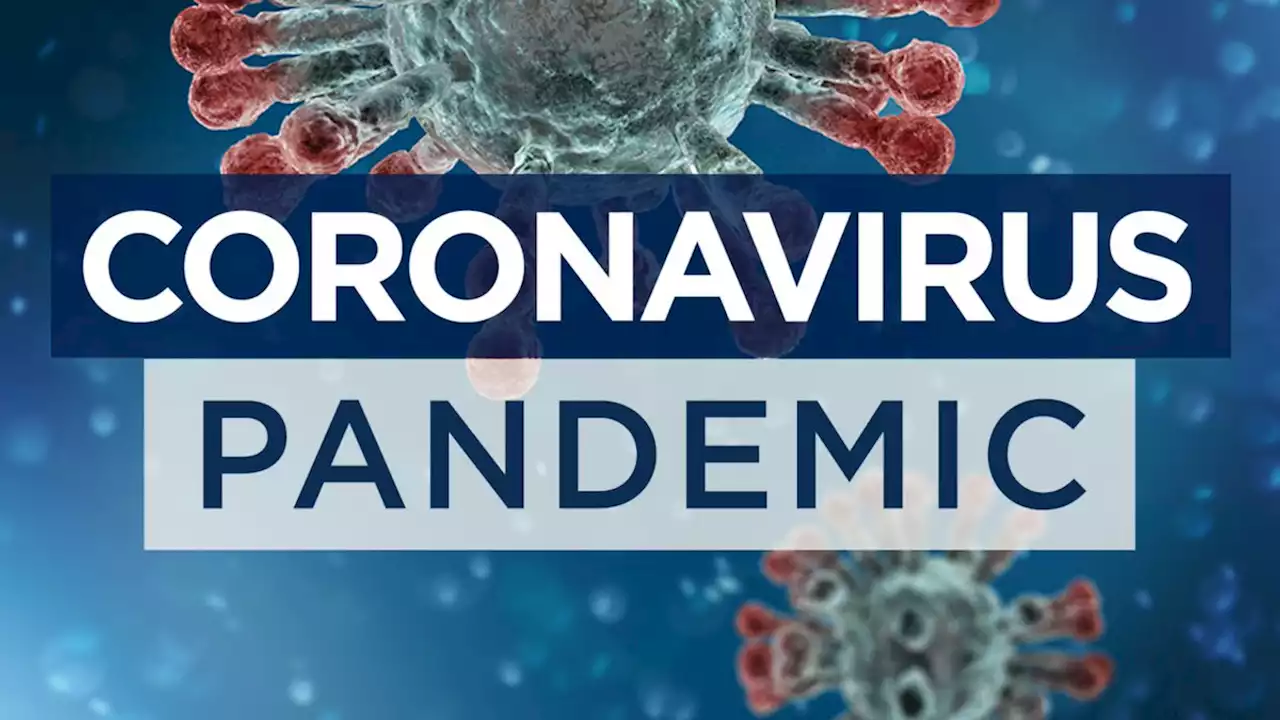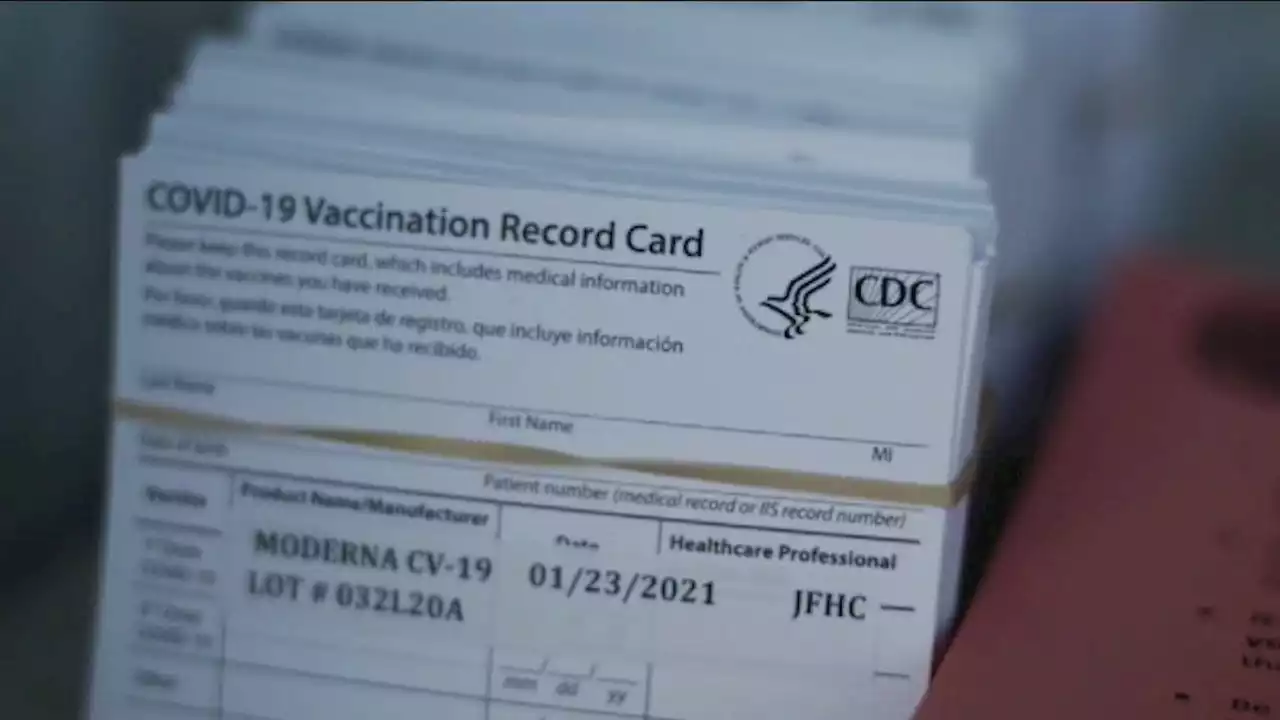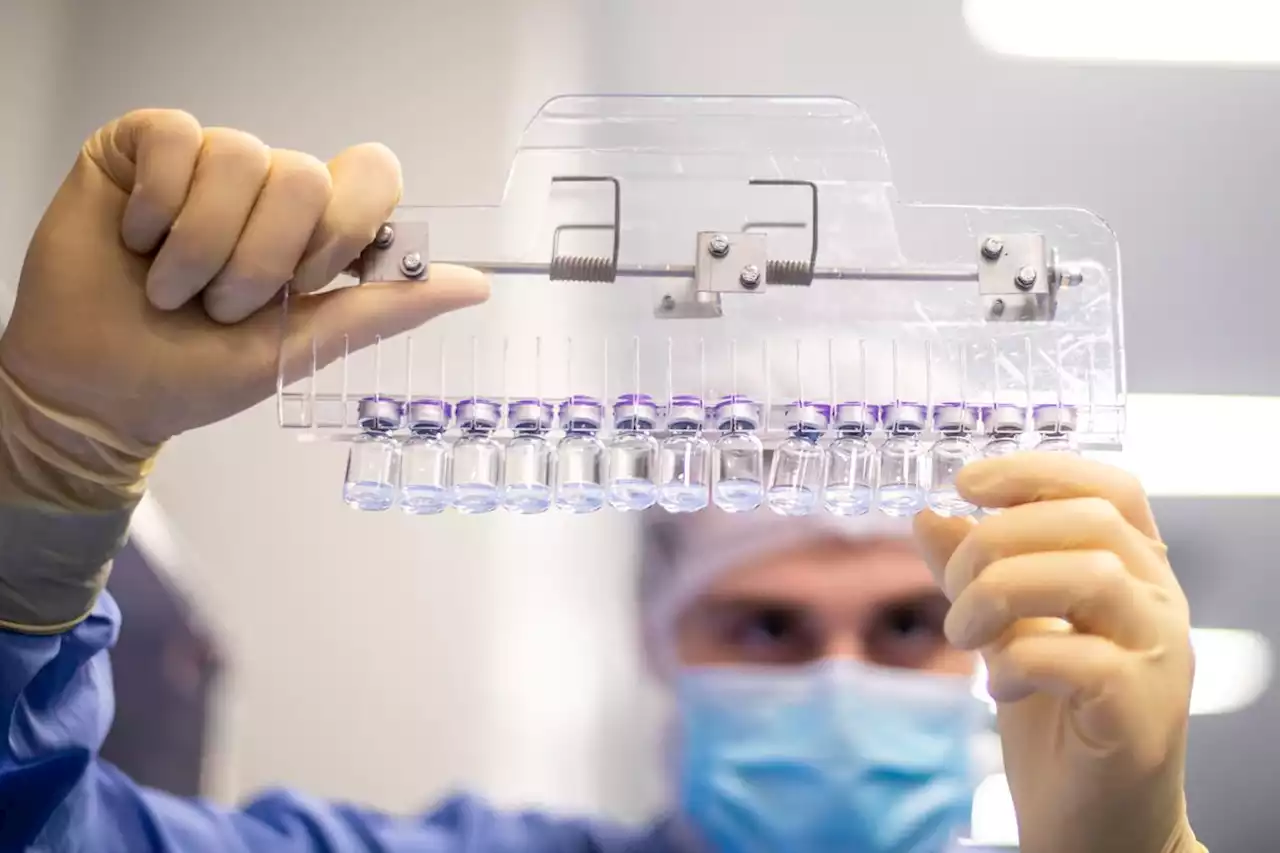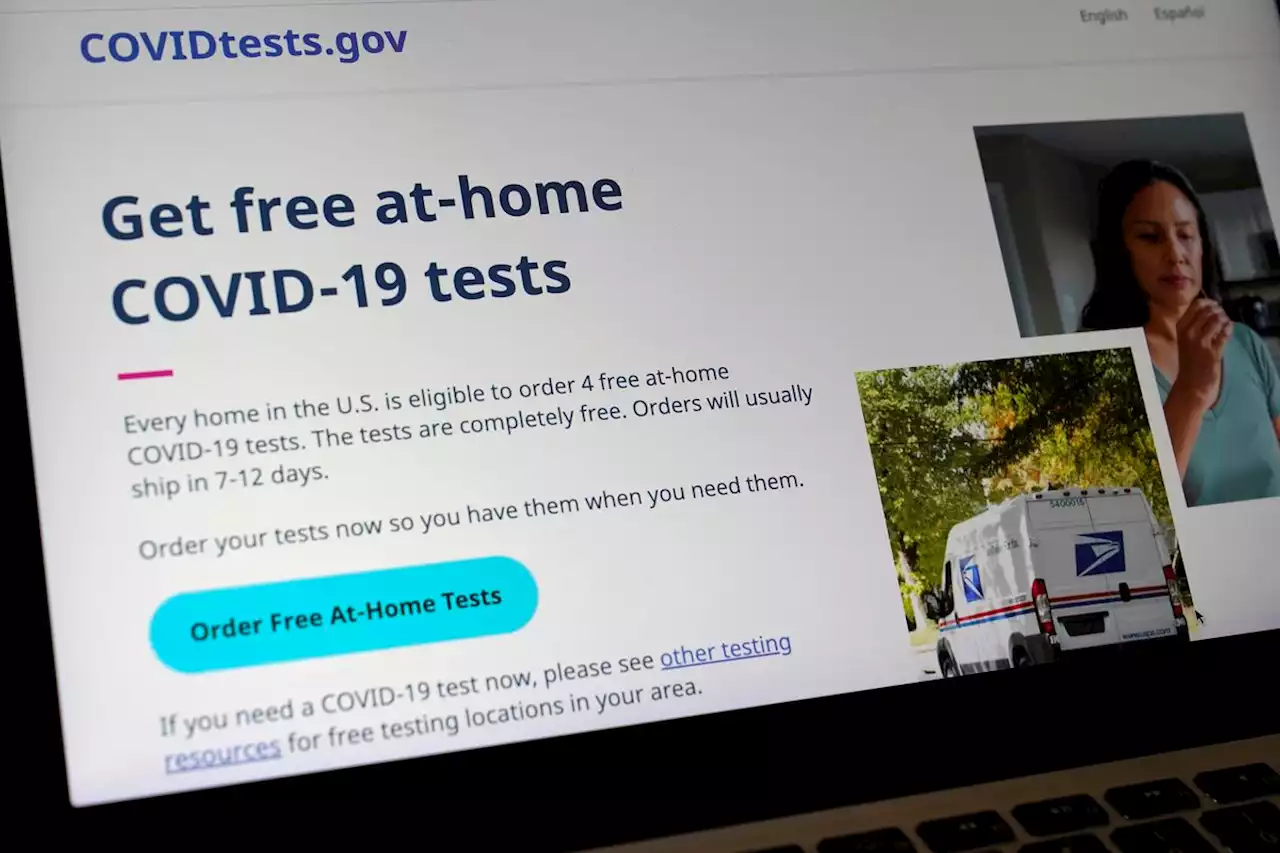The data are available on CDC’s COVID-19 Data Tracker
. And the past two years have shown that we need every tool at our disposal to track cases and predict, as much as possible, when and where surges might occur.—has emerged as a promising way to accomplish that. Anywhere from 40% to 80% of people infected with COVID-19 shed viral genetic material in their feces; studies have shown that monitoring wastewater for signs of SARS-CoV-2 can be an early indicator of when cases are climbing, or even if a new variant is starting to dominate.
. It’s standardized so people can compare information across different states or even different counties. Up to this point, those states and counties were collecting and analyzing data on their own.Tracking SARS-CoV-2 in wastewater reveals upticks of the virus, which can give communities a heads up for when cases are starting to increase and help them to prepare for greater demand on hospital and community health services.
The CDC’s NWSS system was created last September specifically to monitor SARS-CoV-2; Kirby said while the idea has been studied for years, it took COVID-19 to validate the method. Currently, 37 states and four cities are part of the NWSS and are feeding their data into the network. Kirby expects hundreds more sites to add their data in coming weeks. CDC works with local sewer sheds and health departments to update the data so they reflect changes in virus levels within the past 15 days.
Kirby notes that the strength of the tracking is only as good as the depth of the sampling sites. She anticipates the more sites that join and provide data, the stronger and more useful the trends will be. “Wastewater surveillance is best used in combination with case-based surveillance to maximize its value,” she said. “We’ve already seen examples of cities and counties using wastewater surveillance to better understand the trajectory of surges of infections.
Australia Latest News, Australia Headlines
Similar News:You can also read news stories similar to this one that we have collected from other news sources.
 The COVID Vaccine Doesn't Affect Fertility, but COVID Itself DoesCOVID-19 temporarily reduces male fertility by 18%, but the vaccine has no lasting effect on fertility in men or women, a study found.
The COVID Vaccine Doesn't Affect Fertility, but COVID Itself DoesCOVID-19 temporarily reduces male fertility by 18%, but the vaccine has no lasting effect on fertility in men or women, a study found.
Read more »
 COVID-19 live updates: US death toll expected to approach 950,000 by end of monthForecast models used by the CDC predict about 32,000 more Americans will die from COVID-19 by Feb. 26, bringing the nation's virus death toll to nearly 947,000.
COVID-19 live updates: US death toll expected to approach 950,000 by end of monthForecast models used by the CDC predict about 32,000 more Americans will die from COVID-19 by Feb. 26, bringing the nation's virus death toll to nearly 947,000.
Read more »
 COVID-19 vaccines: will we need more boosters or a new shot?COVID-19 vaccines have saved an unknown number of lives but will it be necessary for us to boosters every few months? What about a new formula or a new shot entirely? This is the next debate on COVID-19 vaccines.
COVID-19 vaccines: will we need more boosters or a new shot?COVID-19 vaccines have saved an unknown number of lives but will it be necessary for us to boosters every few months? What about a new formula or a new shot entirely? This is the next debate on COVID-19 vaccines.
Read more »
 A different COVID-19 vaccine debate: Do we need new ones?COVID-19 vaccines are saving an untold number of lives, but they can’t stop the chaos when a hugely contagious new mutant bursts on the scene, leading people to wonder: Will we need boosters every few months? A new vaccine recipe? A new type of shot altogether?
A different COVID-19 vaccine debate: Do we need new ones?COVID-19 vaccines are saving an untold number of lives, but they can’t stop the chaos when a hugely contagious new mutant bursts on the scene, leading people to wonder: Will we need boosters every few months? A new vaccine recipe? A new type of shot altogether?
Read more »
 Medicare opens up access to free at-home COVID-19 testsThe Biden administration, seeking to fill a frustrating gap in coverage for COVID-19 tests, Thursday announced that people with Medicare will be able to get free over-the-counter tests much more easily in the coming weeks.
Medicare opens up access to free at-home COVID-19 testsThe Biden administration, seeking to fill a frustrating gap in coverage for COVID-19 tests, Thursday announced that people with Medicare will be able to get free over-the-counter tests much more easily in the coming weeks.
Read more »
 Austria signs into law strict Covid-19 vaccine mandateAustria became the first country in Europe to introduce a national Covid-19 vaccine mandate for adults on Friday after President Alexander Van der Bellen signed it into law.
Austria signs into law strict Covid-19 vaccine mandateAustria became the first country in Europe to introduce a national Covid-19 vaccine mandate for adults on Friday after President Alexander Van der Bellen signed it into law.
Read more »
